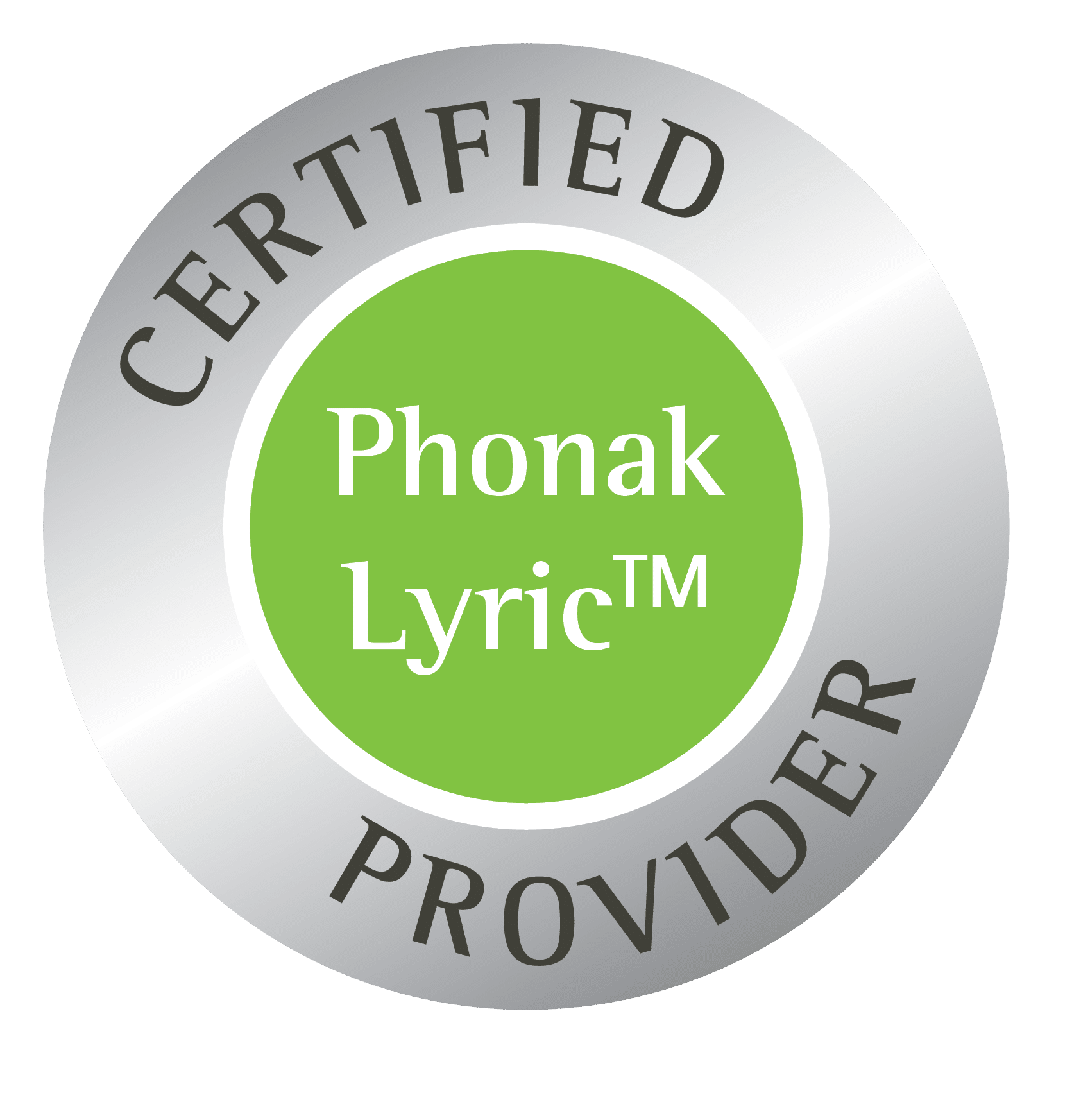Hearing Test vs Hearing Screening: What’s the Difference?

If there’s one thing you never want to compromise, it’s your hearing.
If you suspect that there’s something wrong with your hearing, you’ll want to do everything right to remedy the concern. But that leads to the question, “what’s the right treatment option to pursue?”
If you are worried that you have a hearing problem – maybe you hear ringing, or you can’t hear every time someone speaks – then you should get it checked out. That said, you’ll also want to make sure that you do the right things to address your particular concern (or simply to get checked out, if you don’t have a concern).
Here’s everything you need to know about a hearing test vs. a hearing screening, and how to know which one is right for you.
If you want to learn more about hearing tests, check out our resources:
1. How Much Does A Hearing Test Cost
2. How to Choose the Best Place to Conduct a Hearing Test
3. Signs You Need a Hearing Test
Hearing tests vs. hearing screenings compared
Hearing tests
- Speech testing: A speech test doesn’t actually test your ability to speak, but rather your ability to hear speech.The idea? To test the lowest speech that can be heard half he time. This is often done with background noise, as most speech concerns are most noticeable when there is significant noise, like when you’re in a restaurant or a crowded room.
- Acoustic reflex: An acoustic reflex test specifically checks the thin muscles of your ear that react to sound.
- Tympanometry: A tympanometry test uses air to determine if you have any issues with your ear, like fluid in the middle ear, excessive wax buildup, or a perforated eardrum. This is most commonly conducted if you have a history of ear infections or ear pain.

Hearing screenings
A hearing screening, on the other hand, is a preliminary test that evaluates your ability to hear. This is often conducted on babies after birth or on young children and adults. The most common type of haering screening is a pure-tone screening.
During a pure-tone screening, the test subject wears a set of headphones. Then, a series of sounds and tones are transmitted, and the participant signals when they hear the sound (and in which ear they hear it).
Hearing screenings are generally pass-fail, and they help you determine if more nuanced testing is needed. If there is any evidence of hearing loss, then further hearing tests may be recommended.
Which test is right for me?
- Children should get a hearing screening every few years
- Adults should have hearing checked at least once every 10 years until the age of 50
- Adults should get screened every three years after the age of 50
✘ You feel some embarrassment when you meet new people because you struggle to hear them
✘ You have a hard time hearing or understanding your coworkers or customers at work
✘ You have difficulty hearing the TV or the radio when others can hear dialogue and sound
✘ You have difficulty hearing your family or friends when you are at a restaurant or social event
✘ Your hearing issues are causing fights with friends, coworkers, or loved ones
✘ You experience social anxiety because you know that you will have trouble hearing
That said, you don’t need to be experiencing these symptoms to take a hearing test. You can also take part in a hearing test if you’re simply nervous or you want to take a more proactive approach to your auditory health.
Concerned about your hearing? Check for these warning signsIs a hearing test or screening worth it?
Is a hearing test or screening worth it?
In short, yes, it is worth it to get a hearing screening or a hearing test.
Whether you notice there’s something wrong with your hearing or not, it’s important to stay on top of your auditory health and to address any possible issues quickly and proactively. It’s like any other health concern: the quicker you catch a problem, and the sooner you address it, the more effectively you’ll be able to address it. When it comes to your hearing, early detection of any concerns can help prevent serious hearing issues down the line.
Additionally, adequate testing and treatment can help:
- Diagnose and treat any underlying health issues that may be contributing to hearing damage or loss
- Improve the quality and ease of your social, personal and professional interactions
- Maximise your safety, as you’ll be able to hear and notice what’s going on around you
- Increase your confidence, particularly if hearing concerns are negatively impacting your social interactions
Looking for pricing information? Access our Hearing Test Price Guide here

Book your next test with Perth’s most trusted audiologists
If you’re looking to proactively check your hearing, or the hearing of a family member, we recommend that you schedule a hearing screening at one of our multiple clinic locations.
If you suspect that something may be wrong – perhaps you’re having difficulty hearing in crowded spaces, or you’re having unexplained ear pain – then it may be in your best interests to schedule a hearing test.
If you have lingering questions about your options, or you would like to speak to an audiologist or another hearing professional, feel free to reach out to us directly on (08) 9388 8003.

